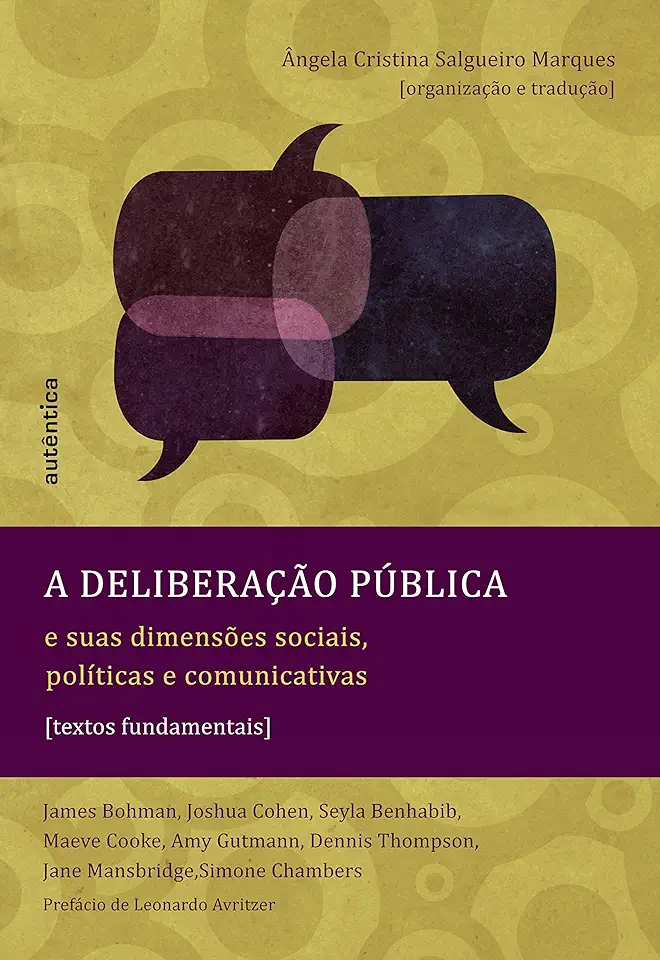
Public Deliberation
Public Deliberation: A Path to Building a More Just and Democratic Society
In a world increasingly divided by partisan politics and social media echo chambers, public deliberation offers a powerful tool for bridging divides and finding common ground. By engaging in respectful and informed dialogue, citizens can work together to address complex challenges and build a more just and democratic society.
What is Public Deliberation?
Public deliberation is a process of collective decision-making that involves citizens from all walks of life coming together to discuss and debate issues of public importance. It is based on the belief that everyone has something to contribute to the conversation and that, by listening to each other and learning from each other, we can make better decisions.
Why is Public Deliberation Important?
Public deliberation is important for a number of reasons. First, it helps to ensure that decisions are made in the best interests of the public, rather than being driven by the interests of special interest groups or political elites. Second, it helps to build trust between citizens and government, as it shows that the government is willing to listen to the concerns of the people it serves. Third, it helps to create a more informed and engaged citizenry, as it encourages citizens to learn about the issues that affect their lives and to participate in the decision-making process.
How Does Public Deliberation Work?
Public deliberation typically involves a series of facilitated discussions in which citizens come together to learn about an issue, share their perspectives, and work together to develop solutions. These discussions are often led by a trained facilitator who helps to ensure that everyone has a chance to participate and that the discussion remains respectful and productive.
What are the Benefits of Public Deliberation?
Public deliberation has a number of benefits, including:
- It helps to build trust between citizens and government. When citizens feel like they are being heard and that their concerns are being taken into account, they are more likely to trust the government and to believe that it is working in their best interests.
- It helps to create a more informed and engaged citizenry. Public deliberation encourages citizens to learn about the issues that affect their lives and to participate in the decision-making process. This can lead to a more informed and engaged citizenry that is better able to hold its elected officials accountable.
- It helps to build social capital. Public deliberation helps to build social capital by bringing people together from different backgrounds and perspectives. This can help to break down barriers and create a more cohesive society.
- It can lead to better decisions. Public deliberation can lead to better decisions by ensuring that all perspectives are considered and that decisions are made in the best interests of the public.
Conclusion
Public deliberation is a powerful tool for building a more just and democratic society. By engaging in respectful and informed dialogue, citizens can work together to address complex challenges and build a better future for all.
Call to Action
If you are interested in learning more about public deliberation or getting involved in a public deliberation process, there are a number of resources available online. You can also contact your local government or community organization to see if there are any public deliberation opportunities in your area.
Enjoyed the summary? Discover all the details and take your reading to the next level — [click here to view the book on Amazon!]